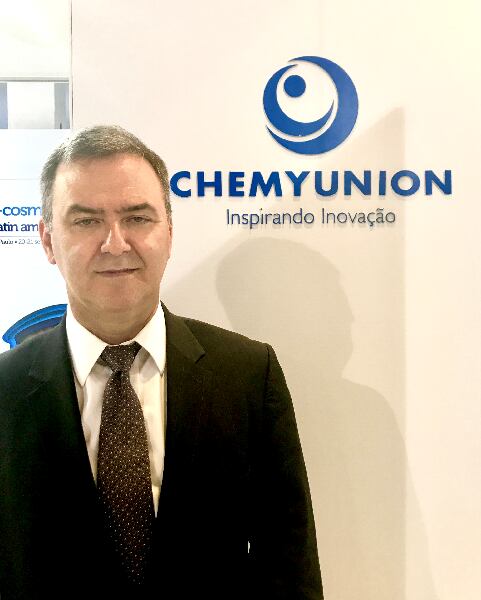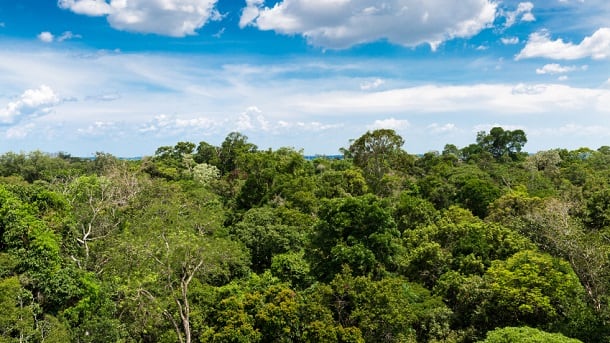CGEN (Conselho de Gestão do Patriminio Genético) is a legislation enforced by the Brazil Ministry of Environment and the Ministry of Industry that aims is to enforce the sustainable use of biodiversity while ensuring the fair and equitable sharing of benefits derived from genetic resources – in short controlling the use of genetic resources in the country.
By the end of this year, the latest update to the legislation means that all beauty companies using ingredients sourced from Brazil biodiversity must be fully registered with the government agencies in order to implement a tax of up to 1% on the sale of such products.
Putting the legislation to profitable use
A number of big beauty brands have expressed significant alarm at the measure, fearing it is an additional cost that will impact the bottom line, but

believes that the legislation could actually be used to the advantage of brands.
“CGEN is about the access and development of products from biodiversity, because when you access a specific species you have a traditional knowledge associated with it,” said Gonçalves.
“This means that If you know the traditional use, you will save time and money because you will learn from a community about its use, what it stands for and how to use it, which also means a company will not have to invest that money in the search for new botanicals and R&D.”
Where does the tax money go?
But what has caused the most upset for beauty and personal care companies wanting to source ingredients from Brazil biodiversity is the fact that up to 1% of the sale of any product containing such materials must pay a 1% sales tax.
The concern is that this tax will go to the Brazil government, where many business leaders believe there is no specific means of determining how these funds are used.
“However, CGEN legislation does also allow for companies to determine how the benefits of the tax is shared, which means you do not necessarily have to pay the government,” Gonçalves said.
“You can arrange to pay the community where the ingredient is sourced directly, so the company could, for example, use the money from the sale of products to build a school for that community as a means of sharing benefits from the supply chain.
“This also helps those communities to get more engaged in the ingredient in question, in turn forcing communities to reconsider just cutting down trees and cultivating and extracting them sustainably instead.”
Using the story to benefit beauty brands

Indeed, Gonçalves says he speaks for all ingredients companies sourcing from Brazilian biodiversity when he says that this type of story can be used to the great benefit of brands if it is communicated to consumers in an effective way.
The world’s biggest cosmetic company, L’Oréal, is an example of a beauty player that has decided that this is the right approach, having decided to be a full participant in the legislation and to keep including Brazilian ingredients in its formulations.
“If you have to pay 1% and you believe that this will impact the bottom line, then the answer is that this does not have to be the case because the consumer may be willing to pay more for the product if the right strategy and story-telling process is implemented,” Gonçalves said.
“So you can recoup your costs and maybe make even more on the product because of the positive impact on the story and the benefits the sourcing of the ingredients has for Amazon communities. Although the Amazon looks like a big forest from above, there are 25 million people living in this region, so benefits sharing will help to improve the lives of this sizeable population. “
